 Authors: Erina Kikarea and Mayaan Menashe
Authors: Erina Kikarea and Mayaan Menashe
Date of Publication: 2019
The advent of the digital revolution brought about a wave of optimism and raised the hopes of societies for better governance and more freedoms, hopes that today seem dashed, at least partly. There is a widespread belief that new and emerging information and communication technologies (ICTs) pose threats to the rights of individuals and groups, and give rise to complex global governance questions. A growing amount of literature shows how they present challenges for data privacy, discrimination, and inequality, as well as for economic relationships, human rights and freedoms more generally. This introductory article seeks to set the background and context of the new and emerging technologies, particularly cyber- space, Big Data, AI and global governance. [View Resource]
![]() Authors: Bowles N and Scheiber N.
Authors: Bowles N and Scheiber N.



 Authors: Ivanova M., Bronowicka J., Kocher E., et al.
Authors: Ivanova M., Bronowicka J., Kocher E., et al.
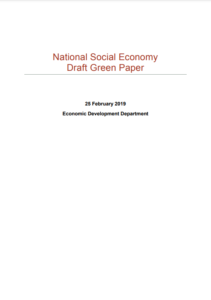 Date of Publication: 25 February 2019
Date of Publication: 25 February 2019
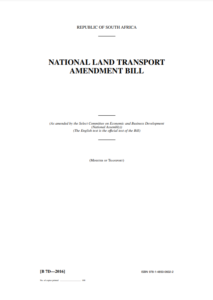



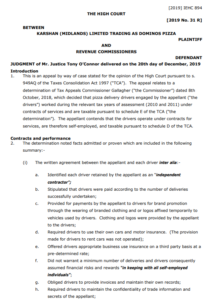

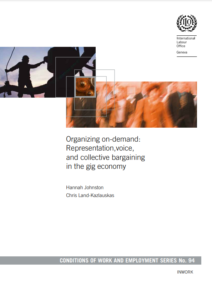 Authors: Hannah Johnston and Chris Land-Kazlauskas
Authors: Hannah Johnston and Chris Land-Kazlauskas
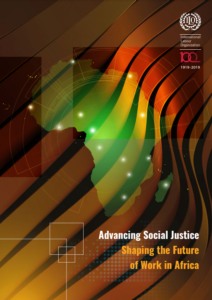 Date of Publication: 2019
Date of Publication: 2019
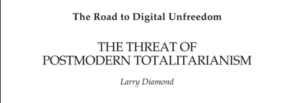 Author: Larry Diamond
Author: Larry Diamond
